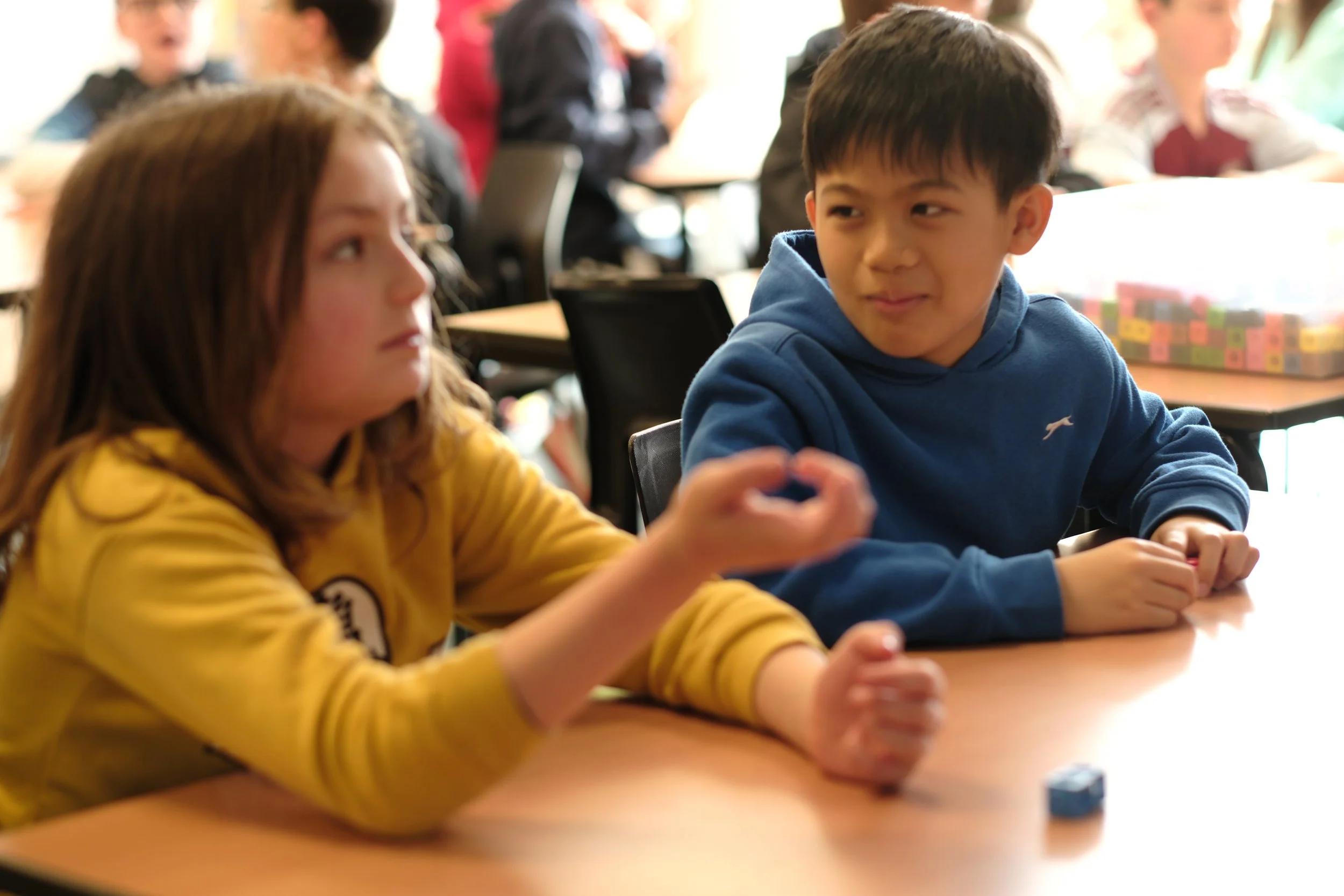Teachers sometimes tell me: My class don’t like changing partners.
They may be right… but in my experience, pupils will grow to like it if you persist and get them used to it.
And it’s well worth doing – by communicating with a wide range of different people we gain all sorts of valuable skills and experience, not to mention that hearing different people’s ideas impacts on learning.
“There are very few disagreements between the children, and I wonder whether this is because they’re working with so many different people...”
“I think it’s a good idea, because your partner could teach you new things. Each partner could teach you new
things!”
Everyone works with everyone
To get your class to the point where they won’t make a fuss, you’ll probably need to start small. Initially, do short activities with different people – for example just one or two minutes with a new partner then back to their ‘normal’ partner. As they get used to doing this sometimes, build up to longer activities and more frequent swaps. Eventually it won’t be a big deal and they will start to value it.
Consider adopting an ethos – ideally whole-school – of ‘everyone works with everyone’: Make it clear to pupils that they are expected to work respectfully and rigorously with all peers, and explain the advantages.
(More on this, and many other oracy topics, in my book Oracy - 100 Ideas for Primary Teachers.)
Photo: David Trent





